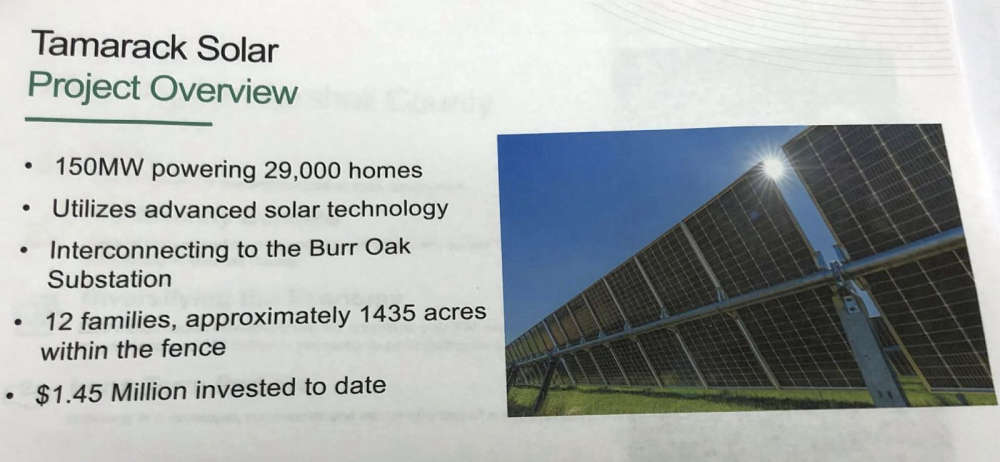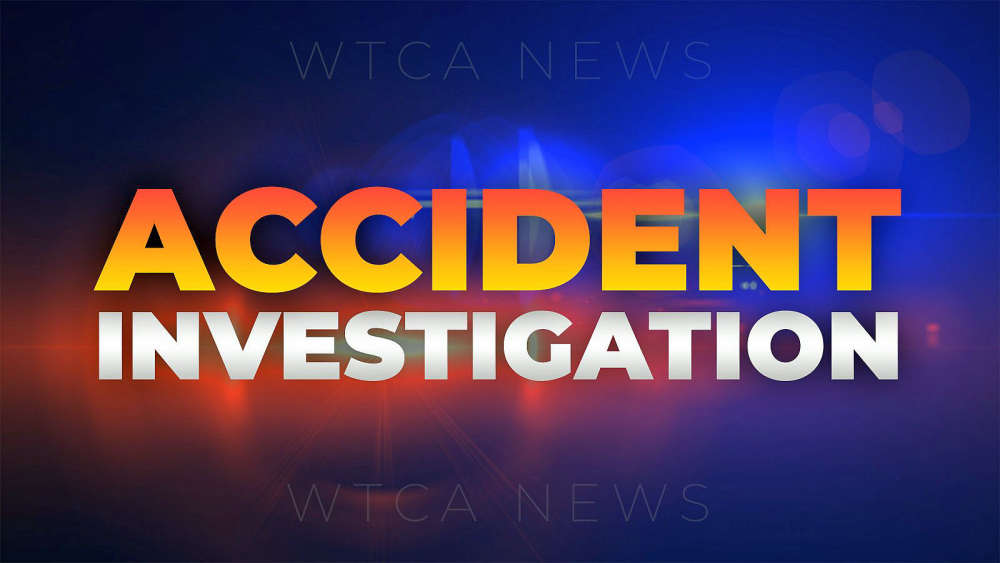
To maintain and expand American leadership in the global race for quantum technology, U.S. Senators Todd Young (R-Ind.) and Maria Cantwell (D-Wash.) introduced the National Quantum Initiative Reauthorization Act, which would authorize federal funding to accelerate quantum research and development at federal science agencies for the next five years.
“Quantum research and development is critical to our economic and national security. This legislation prioritizes advancements in quantum and will help address technological and workforce challenges in the quantum sector,” said Senator Young.
“Advancements in quantum science and technology are a game-changer. From healthcare breakthroughs to clean energy solutions, quantum applications in sensing, computing, and communications will reshape our future,” said Senator Cantwell. “The National Quantum Initiative Reauthorization Act strengthens America's competitive edge through critical R&D investments. By fostering public-private collaboration, we will accelerate quantum innovation, create high-skilled jobs, and pioneer discoveries that benefit generations to come.”
Federal investment in quantum technology is essential to address the "valley of death," a phase where promising technologies often stall between research and commercialization. Federal funding supports early research in academia and national labs, training quantum engineers and researchers, and constructing vital infrastructure. Without robust federal support, innovations may fail to materialize, stalling potential breakthroughs critical for national security and economic competitiveness.
The legislation is supported by stakeholders across Indiana.
“Indiana University appreciates Senator Young’s leadership in introducing the National Quantum Initiative Reauthorization Act,” said Indiana University President Pamela Whitten. “Senator Young’s bill will help advance our understanding of quantum science and open the door to innovative opportunities for IU students and faculty to engage in quantum-related R&D.”
“Thank you to Senators Cantwell and Young for their leadership in ensuring the United States maintains its strength in quantum science and technology areas. Notre Dame is especially appreciative, and supportive, of efforts to continue investments in workforce development, translational research and development activities, and technology maturation programs to sustain our competitive advantage in these crucial scientific and strategic areas. We are proud to partner with other academic partners in our state on collaborative efforts, such as the Center for Quantum Technologies, to contribute to the research and innovation ecosystem that helps our country capture the economic and scientific benefits of operational quantum systems,” said Dr. Jeff Rhoads, Vice President for Research at the University of Notre Dame.
“The National Quantum Initiative Reauthorization Act provides the framework to accelerate groundbreaking research and development and train a national workforce to support national security priorities and contribute to U.S. competitiveness around the globe. The Purdue University faculty, the Purdue Quantum Science and Engineering Institute, and the Center for Quantum Technologies stand ready to support the goals of this important legislation, working with government and industry partners to advance quantum science and engineering and implement the findings into practical applications at scale. As a part of Purdue Computes and a pillar of Purdue’s research priorities, quantum research represents a major pathway toward securing tech-driven prosperity for America,” said Purdue University President Mung Chiang.
"This legislation is critical to the development and expansion of quantum technology, a global digital arms race the United States must win," said Quantum Corridor CEO Thomas P. Dakich. "Leadership and investment from the federal government, along with innovation from the private sector, will position the U.S. as the world's leader in this emerging industry."
The bill would refocus the National Quantum Initiative from basic research to practical applications and expand it to include other federal agencies such as the National Institutes of Health (NIH), State Department, and Small Business Administration (SBA). This legislation would establish up to three new National Institute of Science and Technology (NIST) quantum centers. It would create five new National Science Foundation (NSF) Multidisciplinary Centers for Quantum Research and Education, a quantum education and workforce hub and new quantum testbeds. This bill would also bolster NASA’s quantum satellite and quantum sensing work for earth science.
Quantum computing has the potential to solve complex problems exponentially faster than existing computers. The technology could lead to breakthroughs in drug discovery, weather forecasting, financial and economic modeling, artificial intelligence, cryptography, and other innovations. Quantum sensing applications can provide more precise measurements critical for navigation and tracking, seismic monitoring, infrastructure monitoring, and geographical surveying.
The National Quantum Initiative Reauthorization Act:
- Authorizes $2.7 billion for FY2025 – FY2029 for NIST, NSF and NASA quantum R&D.
- Extends the program by five years from the original 2029 deadline to December 2034.
- Shifts the focus of the National Quantum Initiative from basic research to developing practical quantum applications.
- Establishes up to three new NIST quantum centers to advance research in quantum sensing, measurement and engineering.
- Creates five new NSF Multidisciplinary Centers for Quantum Research and Education, a quantum workforce coordination hub and quantum testbeds at the NSF’s Technology, Innovations, and Partnerships Directorate.
- Authorizes NASA quantum R&D activities, including quantum satellite communications and quantum sensing research initiatives.
- Creates prize challenges to accelerate the development of quantum applications and algorithms through public-private collaboration.
- Requires the White House Office of Science and Technology Policy (OSTP) to develop an international quantum cooperation strategy to coordinate R&D activities with allies of the United States.
- Adds the NIH, State Department and SBA to the National Quantum Initiative to expand interagency collaboration and expertise.
- Directs the Secretary of Commerce to submit a plan to strengthen quantum supply chain resilience.
- Requires each agency to develop metrics for monitoring and evaluating advancements in quantum information science and progress toward practical quantum applications and report to Congress.
- Directs the Government Accountability Office (GAO) to conduct a study on reducing red tape and paperwork burden related to private sector and academic participation in National Quantum Initiative activities and centers.
Full text of the legislation can be found here.


 Indiana 211: Connecting Hoosiers to holiday support and essential resources
Indiana 211: Connecting Hoosiers to holiday support and essential resources
 Department of Homeland Security launches Worst of the Worst website
Department of Homeland Security launches Worst of the Worst website
 Warsaw man arrested by city police for driving while suspended
Warsaw man arrested by city police for driving while suspended
 The REES Theatre presents a heartwarming holiday screening of Prancer
The REES Theatre presents a heartwarming holiday screening of Prancer
 Marshall County BZA to adopt Findings of Fact in Tamarack Solar denial
Marshall County BZA to adopt Findings of Fact in Tamarack Solar denial
 Wisconsin firefighter killed in U.S. 30 crash honored in ceremonial processional
Wisconsin firefighter killed in U.S. 30 crash honored in ceremonial processional
 Driver injured after striking forklift on Queen Road
Driver injured after striking forklift on Queen Road
 Marshall County Museum to celebrate America's Semiquincentennial with Kids' Day event
Marshall County Museum to celebrate America's Semiquincentennial with Kids' Day event




